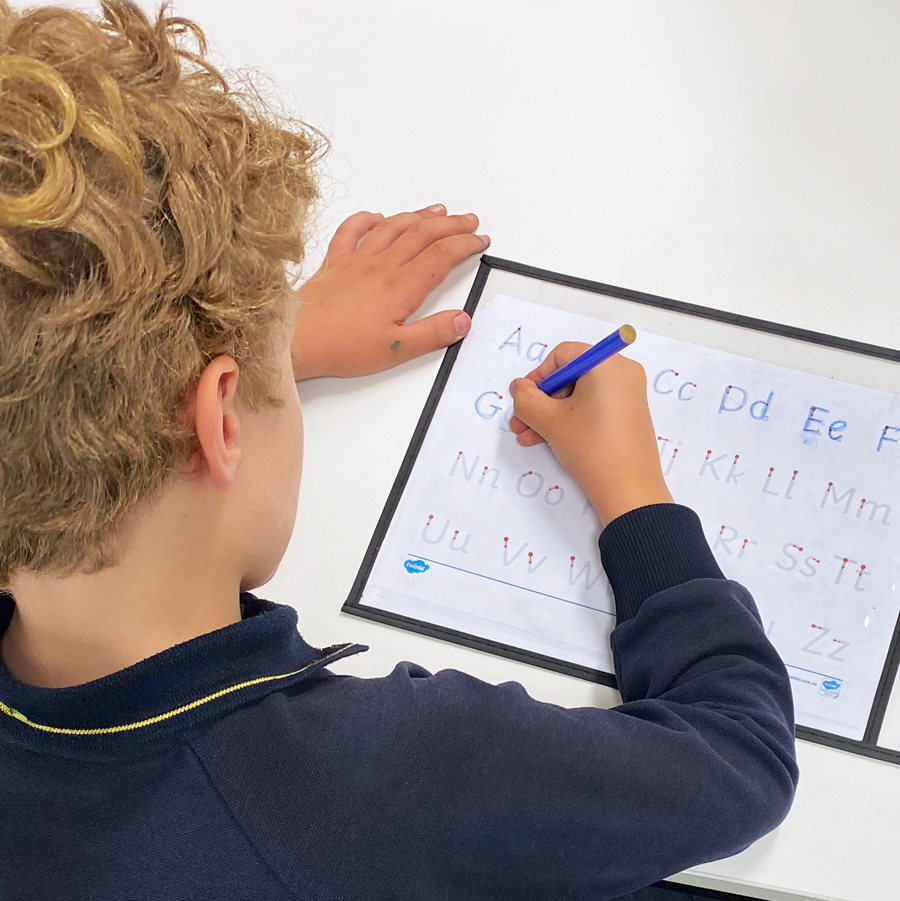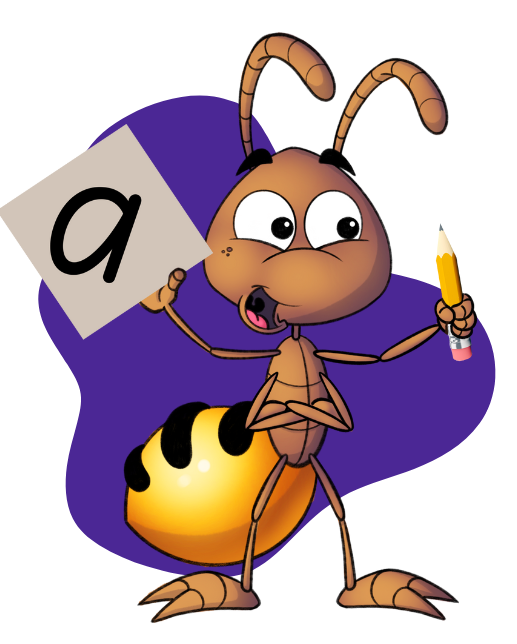Dysgraphia
Dysgraphia is a neurological disorder that generally appears when children are first learning to write and experts are not sure what causes it.
 Become a member
Become a member

The term dysgraphia has more recently been redefined, referring to (a) the language-based difficulties involved in constructing meaningful and effectively structured expressive writing and (b) ongoing weaknesses in spelling and punctuation that affect a student's capacity to express their ideas with clarity.
Typically a person with dysgraphia has difficulty converting the sounds of language into written form (phonemes into graphemes), or knowing which alternate spelling to use for each sound.
Often they will write their letters in reverse, have trouble recalling how letters are formed, or when to use lower or upper case letters.
They may also struggle to form written sentences with correct grammar and punctuation, including ommitting words, words ordered incorrectly, incorrect verb and pronoun usage and word ending errors.
People with dysgraphia may speak more easily and fluently than they write.
What other factors can be linked to difficulty with written expression

Difficulties in written expression can be linked to a range of factors including:
Motor coordination issues that make the process of handwriting more challenging,
Language processing issues that make it harder for students to organise their thoughts whilst writing
Weaknesses in their overall literacy skills that make it more difficult for children to spell with accuracy
A combination of the above factors
If you have dysgraphia, could you have dyslexia?
Students with Dysgraphia can appear as having difficulties with spelling, and writing their thoughts down on paper and it is common for students with Dysgraphia to also have dyslexia.
Early intervention can help reduce the problems.
What strategies can we use to support a student with Dysgraphia?
There are many strategies to be considered when supporting someone with Dysgraphia. These will be from both specialists and those working closest to them such as teachers and parents. Some example supports for dysgraphia include:
- Allowing extra time to complete written tasks
- Utilising assistive technology such as voice to text software to remove the burden of handwriting
- Use of a scribe
- Providing templates and more scaffolding for written tasks
- Explicit instruction in phonics and spelling
- Reducing the amount of written work that needs to be completed (quality over quantity)
- Allowing alternative assessment practices, such as oral assessments and presentations
How do you get tested for Dysgraphia?
You are able to have an Educational Psychological Assessment for Dysgraphia at SPELD SA.
It involves an assessment of the individual's learning strengths and weaknesses, their educational history, the extent of their spelling and expressive writing difficulties, and what impact targeted remediation and support has been given and the affect that has had on their current academic achievement levels.
Does SPELD SA have any other services to support students with Dysgraphia?
A qualified Educational consultant at SPELD SA can complete an Academic Skills Assessment to help identify individual learning strengths and weaknesses in order to understand where your child sits in relation to their current learning environment.
On completion of the assessment you are provided with a report that outlines which areas the school or tutor should target along with recommended strategies and resources to support them in their areas of difficulty.
Subscribe to the Newsletter
Be the first to know the latest news, including workshops and training updates.

